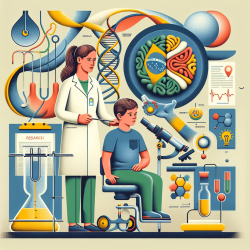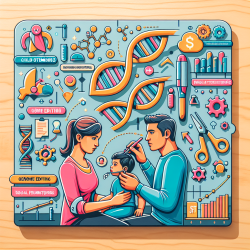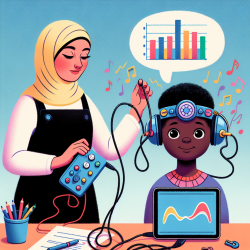In the realm of therapy and medical practice, learning from history can provide invaluable insights. A fascinating case study is the research article titled "Soldiers, surgeons and the campaigns to combat sexually transmitted diseases in colonial India, 1805-1860" by D.M. Peers. This study offers a unique perspective on how historical medical campaigns can inform current therapeutic practices.
The Historical Context: Colonial India's Medical Challenges
During the early 19th century, British colonial authorities in India faced significant challenges with sexually transmitted diseases (STDs) among soldiers. The research highlights the strategies employed by military surgeons and administrators to combat these diseases, offering a rich tapestry of lessons for modern practitioners.
Key Strategies from the Past
- Preventive Measures: The British military implemented rigorous preventive measures, including education about hygiene and disease transmission.
- Collaboration Between Disciplines: Surgeons worked closely with military leaders to create effective health campaigns.
- Data Collection and Analysis: Systematic data collection was crucial in understanding disease patterns and efficacy of treatments.
Applying Historical Lessons to Modern Therapy
The strategies used in colonial India can be adapted to enhance modern therapy practices, particularly in online settings like those provided by TinyEYE. Here are some ways therapists can incorporate these historical insights:
Emphasize Preventive Education
Just as education was pivotal in controlling STDs among soldiers, preventive education is crucial in therapy. Therapists should focus on educating clients about mental health maintenance and coping strategies. This proactive approach can reduce the incidence of crises.
Foster Interdisciplinary Collaboration
The success of past campaigns often hinged on collaboration between different experts. Similarly, modern therapists should collaborate with educators, parents, and other healthcare providers to create comprehensive support networks for clients.
Utilize Data-Driven Approaches
The collection and analysis of data were critical in understanding disease trends in colonial India. Today, therapists can leverage data analytics to track client progress and refine treatment plans. Online platforms like TinyEYE offer tools that make data collection and analysis more accessible than ever.
Encouraging Further Research
This historical case study underscores the importance of continuous learning and adaptation in therapy practices. Practitioners are encouraged to delve deeper into historical research and explore how past strategies can be innovatively applied today.










